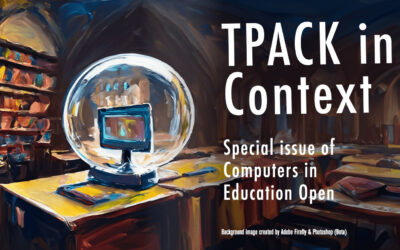A quote in today’s oped in the NYTimes, about how this current financial crisis is difficult to understand since many of the decisions were taken by computer programs. The author quotes someone as follows:
the human race might easily permit itself to drift into a position of such dependence on the machines that it would have no practical choice but to accept all of the machines’ decisions. … Eventually a stage may be reached at which the decisions necessary to keep the system running will be so complex that human beings will be incapable of making them intelligently. At that stage the machines will be in effective control. People won’t be able to just turn the machines off, because they will be so dependent on them that turning them off would amount to suicide.
Who is this mystery author?
As it turns out these words were written by Theodore Kaczinski, in what has commonly been known as the Unabomber’s manifesto!
The article (The rise of the machines) is a must read as we think about the power computers have over our lives. This is nightmare science fiction come alive. Here is a money quote:
What does that mean? You’ll never know. Over and over again, financial experts and wonkish talking heads endeavor to explain these mysterious, “toxic” financial instruments to us lay folk. Over and over, they ignobly fail, because we all know that no one understands credit default obligations and derivatives, except perhaps … the computers who created them.
The author also cites an article by George Dyson on edge.org that is worth reading, if not for anything else but to learn the origin of the word “stock” (as in stocks and bonds). Check out Economic Dis-equilibrium: Can You Have Your House And Spend It Too?


0 Comments